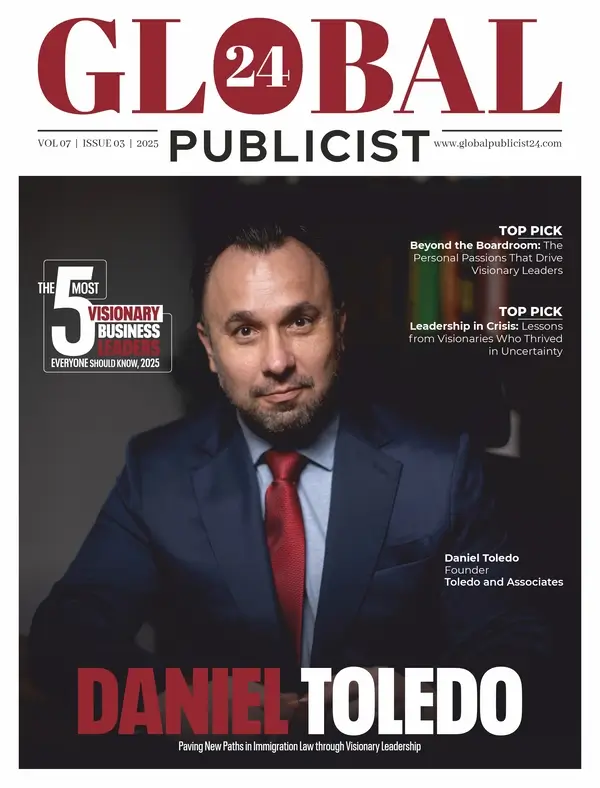The PR Problem with Crypto Gambling: Can a Decentralized Gray Industry Earn Global Trust?
Few modern industries have developed as controversially as crypto gambling. With market estimates predicting a compound annual growth rate of 11.5% until 2028, this new industry has a core contradiction: how can sites founded on anonymity and decentralization gain universal trust? This paradox lies at the center of crypto gambling’s public relations problem.
Navigating the Regulatory Gray Zone
Crypto gambling operates under unclear regulations. Jurisdictions take highly varying approaches, from outright prohibition to wary toleration. Long-standing gambling regulation cannot accommodate blockchain-based platforms beyond traditional banking rails and geography.
“Compliance isn’t the problem,” according to one of the foremost industry consultants. “The challenge is determining what regulations even exist.” That vagueness incites huge uncertainty among potential users concerned with exposure to the law.
The dual stigma historically surrounding gambling adds to these issues. Added to the notorious volatility of cryptocurrency, where punters win big but lose en route to withdrawal, perception concerns blow exponentially. It is usual for most sites to quote difficulties in securing banking relationships and payment processing partnerships due to this twin stigma.
The Trust Deficit
Trust issues plague crypto gambling more severely than perhaps any other blockchain sphere. History hasn’t done much to assist: from the 2017 Absolute Poker debacle to recent rug pulls in which devs abandoned projects after raising substantial amounts of money.
Most sites are low in transparency regarding house edges, random number generation, or ownership structures. Without the traditional regulatory controls, customers find it extremely difficult to verify the legitimacy of operations. Approximately 63% of prospective crypto gamblers cite trust concerns as their primary reluctance.
Problem gambling also raises another trust problem. Traditional casinos take a lot of precautions, including addiction resources, betting limits, and self-exclusion programs, which not many crypto sites have appropriately replicated. Critics understandably question whether an industry driven primarily by profit motivations will police itself well on such sensitive issues.
Building Trust Without Centralization
Despite these challenges, innovative approaches to establishing credibility have emerged. Industry-led initiatives promote standards for responsible operation. These self-regulatory efforts represent attempts to establish norms without compromising the decentralized ethos.
Validation by the community is increasingly vital. In the absence of official government certification, users increasingly rely on comments from peers, forum threads, and unbiased analysis. Many observant gamers go for alternate sources prior to making substantial deposits on new sites. Third-party reviews provide more technical details than official regulatory bodies may have been capable of furnishing for such technologically advanced businesses.
Technical solutions can also help build trust. Provably fair algorithms, cryptographic protocols that let players check the randomness of results, are a big breakthrough. Smart contracts with open code enable the automatic, trustless enforcement of gambling contracts. These developments might offer greater security than gambling ever could.
The Road Ahead for Industry Legitimacy
Moving forward, successful crypto gambling platforms must balance decentralization with sufficient transparency. This delicate equilibrium requires thoughtful approaches to verification without compromising user privacy.
Education is probably the most basic component of establishing legitimacy. Gamers who are well-educated regarding blockchain technology, smart contract functioning, and cryptographic verification are more informed decision-makers. Leading platforms now invest a lot in education content, with some spending up to 15% of their marketing budget on user education initiatives.
Strategic partnerships with legitimate institutions equally fill the gap of credibility. From sponsoring traditional sporting events to collaboration with mainstream financial auditors, such collaborations create reputation transfers for crypto gambling operations. The banking partners still remain elusive for acceptance, and about 78% of the sites report inability to establish traditional financial relationships.
A Matter of Evolution, Not Revolution
The PR problem of the crypto gambling sector won’t be solved overnight. But with ongoing transparency, technological innovation, and community responsibility, decentralized platforms can slowly gain wider acceptance.
Success will ultimately depend on whether crypto gambling can harness its technological advantages while addressing legitimate concerns. Can blockchain’s inherent transparency balance out the industry’s association with anonymity? Can decentralized collectives exercise successful self-regulation? The answers will determine whether crypto gambling remains a niche phenomenon or evolves as a legitimate entertainment option for mass audiences.














